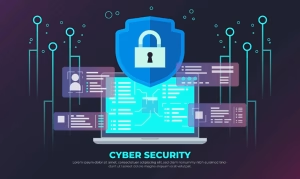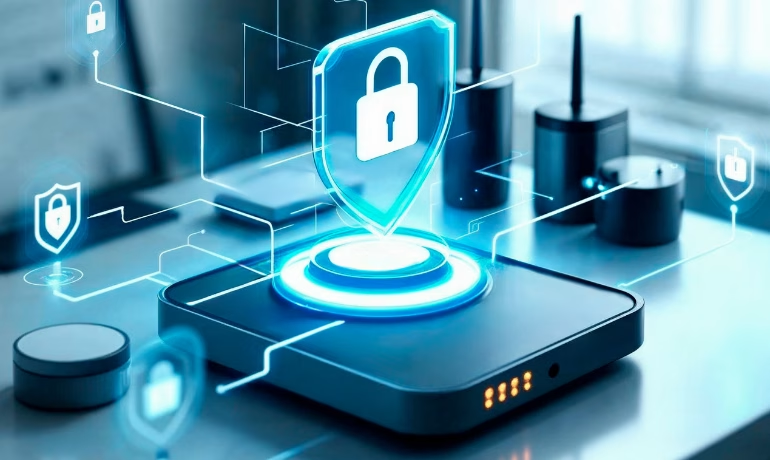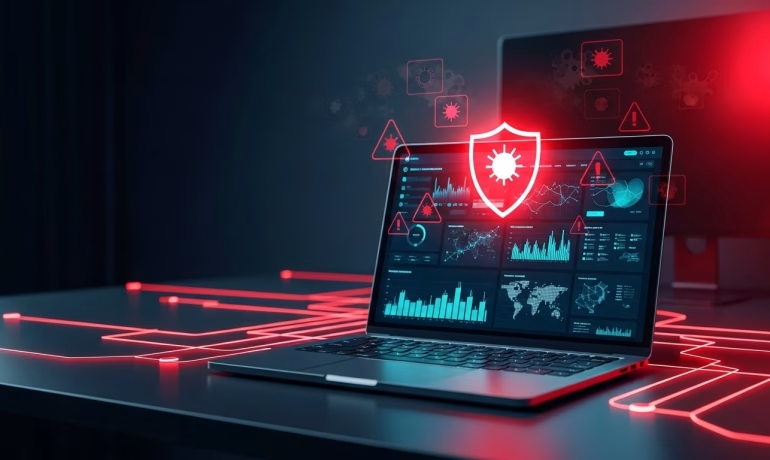Introduction
Here’s a reality most people don’t realize until it’s too late — the moment your VPS goes online, someone somewhere is already knocking on its door. Not a person, but thousands of bots scanning for weak passwords or forgotten settings.
At ChromeIS, we’ve seen this story repeat itself: a business spins up a server, launches their site, everything runs beautifully… and a few days later, strange traffic starts showing up. Security isn’t something you turn on — it’s something you practice.
That’s what VPS hardening really means. It’s less about fancy software and more about habits — the ones that keep your system boring to hackers.
Why Hardening Matters More Than You Think
Cyberattacks today are almost never personal. Hackers don’t care who you are — they care whether your setup looks easy. An unpatched plugin, a default SSH port, or a simple password is all it takes.
Think of your VPS as your office building. You wouldn’t leave the lights on, the key in the lock, and the door half-open. Yet, that’s what an unsecured VPS looks like online.
When your website holds customer data or runs your e-commerce backend, a weak server isn’t just risky — it’s expensive. Downtime, data loss, reputation damage — it adds up fast.
Trim the Fat Before You Build the Walls
Every VPS comes loaded with extras you’ll never use — demo files, test apps, old admin accounts. Each one is an invitation you didn’t mean to send.
Start by clearing the clutter:
- Remove default users and unused modules.
- Turn off services you don’t actively need.
- Enable auto-updates for your operating system.
One of our ChromeIS clients, a small digital agency, followed this exact checklist. Within a week, their server logs showed 60% fewer intrusion attempts — and pages loaded half a second faster. Sometimes, the best security upgrade is deleting what doesn’t belong.
Strengthen Access Like You Mean It
If there’s one rule that never goes out of style, it’s this: no passwords in plain sight.
Here’s what actually works:
- Use SSH keys, not passwords. Keys can’t be brute-forced like passwords can.
- Change your default SSH port — even small changes cut bot traffic dramatically.
- Enable two-factor authentication (2FA) for your hosting panel or dashboard.
At ChromeIS, we’ve seen clients drop brute-force attempts by 90% just by using SSH keys and 2FA. Simple, quiet changes — but powerful ones.

Keep an Eye on Everything (and Save a Copy)
If there’s one truth about cybersecurity, it’s this: the earlier you notice something weird, the easier it is to fix.
Install tools that alert you to unusual logins or spikes in CPU usage. fail2ban and logwatch are great starting points. And don’t rely on your instincts — schedule alerts.
Next comes backups. They’re not glamorous, but they’re lifesavers. Always keep copies outside your main VPS. ChromeIS clients using daily off-site backups have recovered from ransomware in hours — not days.
Encrypt, Audit, Repeat
These three words should live on your team’s whiteboard.
If your site isn’t using HTTPS by now, that’s priority number one. SSL certificates are free — there’s no excuse left. Beyond that, take time each month to audit users and file permissions.
You’d be surprised how many forgotten accounts or test folders live quietly inside servers. If you can’t remember why something’s there, delete or restrict it.
When Time Is Short, Get Help
Let’s be honest: most business owners aren’t excited about patch schedules and firewall rules. That’s where ChromeIS Managed VPS Hosting makes life easier.
Our engineers handle the boring (but critical) stuff — updates, monitoring, firewalls, daily backups — while you focus on running your company. It’s not outsourcing security; it’s buying peace of mind.
With 24/7 monitoring and guaranteed uptime, you’ll sleep better knowing someone’s watching the door.
Security Starts with People
The strongest systems still rely on human habits. Teach your team to avoid public Wi-Fi for logins, use secure passwords, and double-check every email asking for credentials.
One careless click can undo months of hardening. Awareness is your cheapest and most effective firewall.
Conclusion
Hardening your VPS isn’t about paranoia — it’s about preparation. A few hours of setup today saves you weeks of recovery tomorrow.
At ChromeIS, we believe real cybersecurity starts with consistency. Update. Monitor. Backup. Repeat. And when you’re ready to scale, our managed VPS plans keep that protection active around the clock.
Because security isn’t something you buy once. It’s something you do — over and over — until it becomes second nature.
Similar Post
Practical Ways to Secure Your Website Against Malware and Attacks
Most businesses don’t think about website security when everything
What a Cyber Security Solution Should Include for Real Business Protection
Most businesses don’t feel unsafe. That’s the truth. They



